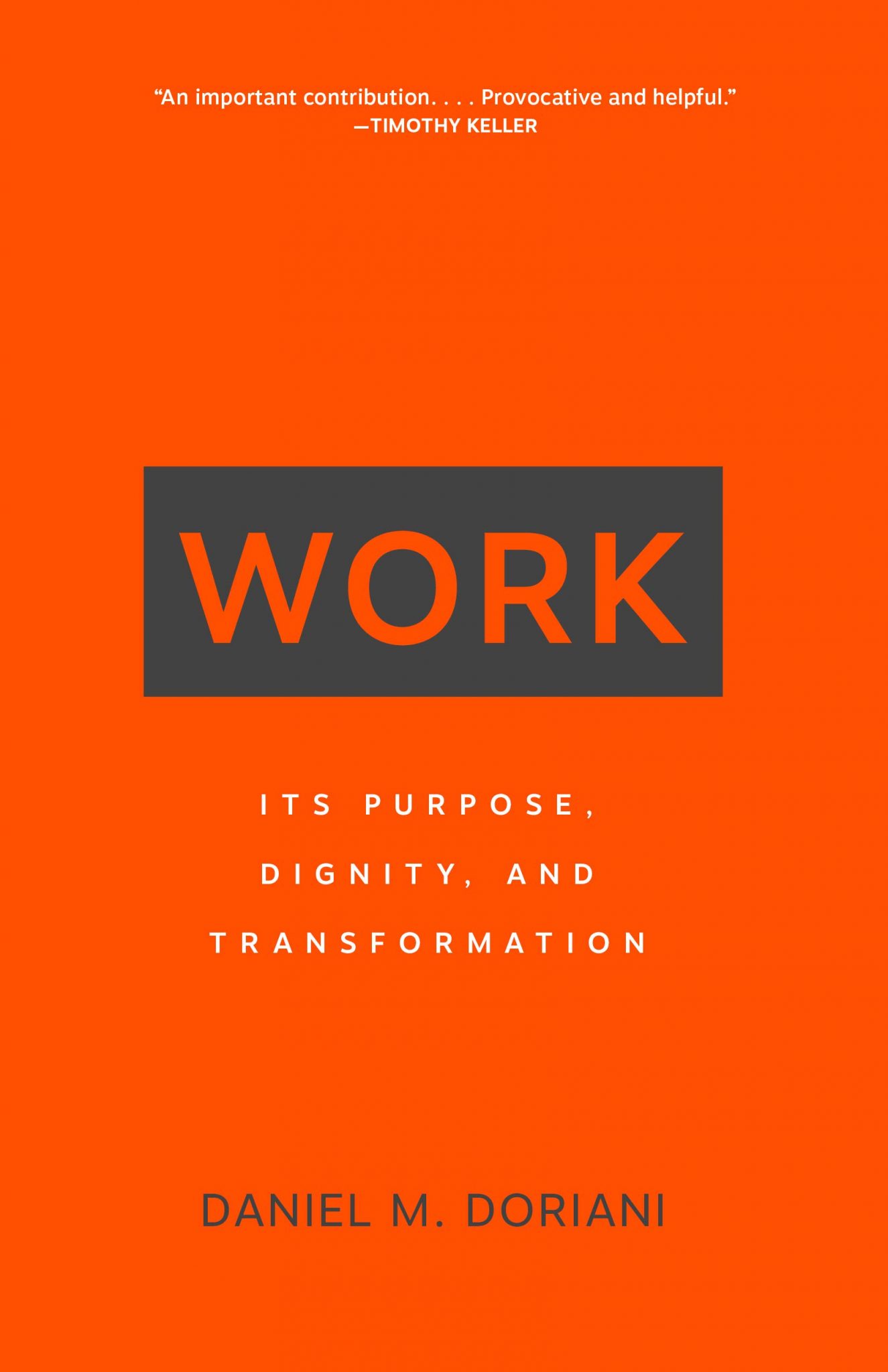In October 2018, Christianity Today published a cover story exposing a gap in the conversation about faith and work: the working class. According to its author, Jeff Haanen—founder of the Denver Institute for Faith & Work—Christian discussions about vocation often preach the cultural mantra of “do what you love” and ignore the reality that most people work out of necessity. This oversight implies the church, even God, values manual or service labor less than white-collar or creative work.
Additionally, leaders at the 2018 Faith at Work Summit in Chicago stressed the importance for pastors to understand how technological advancements will transform the landscape of American labor in the coming decade. Artificial intelligence (AI) isn’t just replacing truck drivers; it’s coming for the medical and legal fields too. Moreover, the disruption and lack of job security will only increase “gig economy” jobs, which will compose nearly 40 percent of the U.S. labor force by next year. The increase of these jobs, with nonstandard work schedules and inconsistent wages, is hardly reflected in the literature on a theology of work.
When I learned Dan Doriani was releasing Work: Its Purpose, Dignity, and Transformation as the culmination of 20 years of reflection and research, I wondered how he could account for these rapid changes in the economy. Yet Doriani—professor of biblical and systematic theology at Covenant Theological Seminary in St. Louis, Missouri—confronts many of these new challenges while offering 12 foundational principles about good work (17–20). He accounts for the reality of changing jobs and ascribes dignity to specific examples of blue-collar work and unpaid labor, like construction, retail, transportation, and raising children.

Work: Its Purpose, Dignity, and Transformation
Daniel Doriani
The product of 20 years of thought, Work: Its Purpose, Dignity, and Transformation ennobles and motivates men and women in their labors. Providing historical background and inspiring stories of God-honoring workers, Daniel Doriani explains the Bible’s teaching on the nature, glory, misery, and eventual restoration of work. You will learn what it means to be faithful at work, even in risky places, and what steps you can take to transform your workplace and the world through the reformation of work.
Calling Begins with Faithfulness
Doriani challenges the secular ideas of self-fulfillment behind choosing one’s calling and emphasizes instead God’s sovereign call in each person’s life. Calling begins with faithfulness where God has placed you, Doriani writes. While God gives individuals certain core abilities and interests, one’s spiritual growth, unforeseen circumstances (like unemployment), and the world’s shifting needs may all change a person’s specific calling (97–101). Doriani offers a helpful matrix for assessing calling that reflects the tension between one’s gifting and God’s calling.
Additionally, when believers are working a job out of necessity rather than choice, Doriani says responding in faithfulness by serving their neighbors may help them realize their calling in unexpected ways. I found Doriani’s focus on faithfulness at work particularly insightful, especially as it addresses Haanen’s concern about our blindness to the realities of blue-collar workers. Doriani’s interviews play a crucial role in this regard, as he shares the struggles of workers in retail and transportation and describes how pastors often fail to relate the truths of Christian vocation to most paid jobs (106–114).
Rather than aspiring for more, believers should commit to serving God and others in their current position before seeking other opportunities.
Doriani insists churches must broaden how they communicate the dignity of work in order to help believers understand that God values any contribution that meets the needs of their neighbors. Rather than aspiring for more, believers should commit to serving God and others in their current position before seeking other opportunities. Further, Doriani applies these principles of faithfulness at work for those whose employment may contradict their beliefs and offers counsel and testimonies for how to lead reform in the workplace.
God Works and Rests
Doriani’s first principle of honest work follows the template of most Christian books on work, basing human creativity on being made in the image of a God who works. As Doriani writes, “Ideally, we work as God works. He governs, plans, and splashes color on his cosmic canvas. . . . That encourages our world-shaping labor” (27). But his second principle is equally important. Just as we’re made in the image of a God who works, Doriani writes, so also are we made in the image of a God who rests, a divine pattern of restraint that “corrects both workaholics and sluggards” (17).
Popular books like Gene Veith’s God at Work and Tim Keller’s Every Good Endeavor conclude with powerful reflections on Sabbath rest that put human work in its proper place. What I appreciate about Doriani’s work, however, is how he includes Sabbath in his primary definition of work and devotes an entire chapter to the rhythm of work and rest. According to Doriani: “The God-given rhythm of life both corrects laziness and offers relief to those who feel pressure to be industrious at all times. The Lord teaches us to work, then pause to sleep, eat, pray, and rest each week” (131).
Doriani’s approach is effective because he orients the reader to the dignity of rest from the outset. The prominent inclusion of rest identifies a cultural touchpoint of exhaustion and distraction in our 24/7 society, one that can be seen also in recent books like A. J. Swoboda’s Subversive Sabbath, Justin Whitmel Earley’s The Common Rule, and Cal Newport’s Digital Minimalism.
I’m convinced more than ever we need to recover the doctrine of Sabbath in light of the American tendency to overvalue work and the challenges of technology making it more difficult to attain true rest.
I’m convinced more than ever we need to recover the doctrine of Sabbath in light of the American tendency to overvalue work and the challenges of technology making it more difficult to attain true rest. Thankfully, Doriani shares these concerns. He approaches the issues from his experience of working too much and relearning to play with his grandchildren.
It’s helpful to set Doriani’s emphasis in light of the Protestant spirit of “always reforming.” At the start of the Reformation, nearly a third of some European populations were in religious orders, as the contemplative life received more honor in the medieval Catholic Church. The reformers highlighted the dignity of all honest labor—farmers, bakers, blacksmiths—to counteract the prevailing spirit of their time that dismissed the active life. But today, increasing rates of American workers report burnout due to overwork, and recent studies show long working hours and a lack of rest contribute to worse physical health than secondhand smoke. While the Reformation recovered the dignity of ordinary work by connecting it to God’s creation, Doriani shows how today’s church may need to point exhausted workers to God’s Sabbath example, which dignifies work with the necessary balance of rest and celebration.
Doriani’s years of research and reflection on this important topic set this text apart from other recent books on the theology of work. His smooth exposition of complex economic and theological themes blended with stories from experience and interviews combine for an eminently readable product. I’d recommend this book to pastors so they can learn about connecting faith and work for their congregations, and the discussion questions in each chapter make this a great resource for small-group studies as well.





























